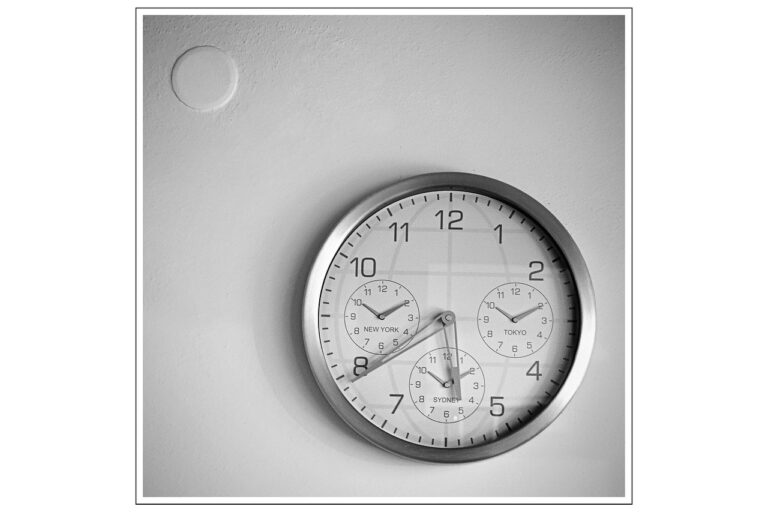Fragrance and Memory: Exploring the Connection Between Smell and Recall
11xplay, laser 247.com, Skylivecasino Login:Have you ever caught a whiff of a familiar scent and been instantly transported back to a cherished memory from your past? Maybe it was the smell of freshly baked cookies that reminded you of your grandmother’s kitchen, or the scent of a particular perfume that brought back memories of a summer romance. The connection between fragrance and memory is a powerful one, and researchers have long been fascinated by the way our sense of smell can influence our ability to recall events and emotions from our past.
In this article, we’ll explore the relationship between smell and memory, and delve into the science behind why certain scents have the ability to trigger such vivid recollections. We’ll also take a look at how you can use fragrance to enhance your own memory and create lasting associations with special moments in your life.
The Science of Fragrance and Memory
Our sense of smell is closely linked to the areas of the brain that are responsible for emotion and memory. When we smell a particular scent, the molecules in the air bind to receptors in our olfactory system, which sends signals to the brain’s limbic system – the region that controls emotions, memories, and arousal. This direct pathway between the olfactory system and the limbic system is what makes the connection between smell and memory so strong.
Research has shown that smells are more strongly associated with emotional memories than other sensory cues, such as sights or sounds. This is why a particular scent can trigger a flood of memories and emotions in a way that other stimuli cannot. In fact, studies have found that people are able to recall smells with 65% accuracy after a year, while visual memories only have a 50% accuracy rate after just three months.
How Fragrance Can Enhance Memory
Given the powerful connection between fragrance and memory, it’s no surprise that many people use scents as a way to enhance their recollection of important events and experiences. Whether it’s wearing a specific perfume while studying for an exam or lighting a scented candle during a meaningful conversation, the use of fragrance can help create strong associations in the brain that can be recalled later on.
One study found that participants who were exposed to a specific scent while learning a new task performed better on memory tests when the same scent was present during recall. This suggests that using fragrance strategically can not only help you remember things more effectively but also improve your overall cognitive performance.
In addition to using fragrance to enhance memory, certain scents are also known to have specific effects on mood and emotions. For example, lavender is often used to promote relaxation and reduce stress, while citrus scents are known for their energizing and uplifting properties. By incorporating these scents into your daily routine, you can create a positive and supportive environment that can boost your mood and enhance your overall well-being.
Practical Tips for Using Fragrance to Improve Memory
If you’re looking to harness the power of fragrance to enhance your memory, there are several simple strategies you can try. Here are a few tips to get you started:
– Choose a specific scent to use while studying, working, or engaging in other cognitive tasks. Make sure to use the same scent during recall to strengthen the association between the scent and the memory.
– Experiment with different types of fragrances to see which ones have the most positive effects on your mood and cognitive performance. Consider using essential oils, scented candles, or room sprays to create a supportive environment.
– Pay attention to your surroundings and the scents that are present when you experience significant events or emotions. By consciously linking certain scents to specific memories, you can strengthen the connection between fragrance and recall.
– Practice mindfulness and focus on the sensory experience of smelling a particular scent. Take a few moments to breathe deeply and immerse yourself in the fragrance, allowing yourself to fully appreciate the connection between the scent and your emotions.
By incorporating these strategies into your daily routine, you can harness the power of fragrance to enhance your memory, improve your mood, and create lasting associations with important moments in your life.
FAQs
Q: Can certain scents help improve concentration and focus?
A: Yes, certain scents like peppermint and rosemary are known to have stimulating effects on the brain, which can help improve concentration and focus during cognitive tasks.
Q: How can I use fragrance to create a relaxing environment at home?
A: To create a relaxing environment, consider using scents like lavender, chamomile, or ylang-ylang, which are known for their calming properties. You can use essential oils in a diffuser, light scented candles, or use a room spray to fill your space with soothing fragrances.
Q: Are there any scents that are particularly effective for improving memory?
A: While individual responses to scents can vary, research has shown that rosemary, peppermint, and citrus scents are all associated with improved cognitive performance and memory recall.
Q: Can using fragrance help with stress and anxiety?
A: Yes, certain scents like lavender, bergamot, and chamomile are known for their calming and stress-relieving effects. By incorporating these scents into your daily routine, you can help reduce feelings of anxiety and promote relaxation.
In conclusion, the connection between fragrance and memory is a fascinating aspect of human psychology that has been studied for decades. By understanding the science behind this relationship and incorporating fragrance into your daily life, you can enhance your memory, improve your mood, and create lasting associations with the important moments in your life. So next time you catch a whiff of a familiar scent, take a moment to savor the memories it brings and appreciate the powerful impact that fragrance can have on your mind and emotions.







